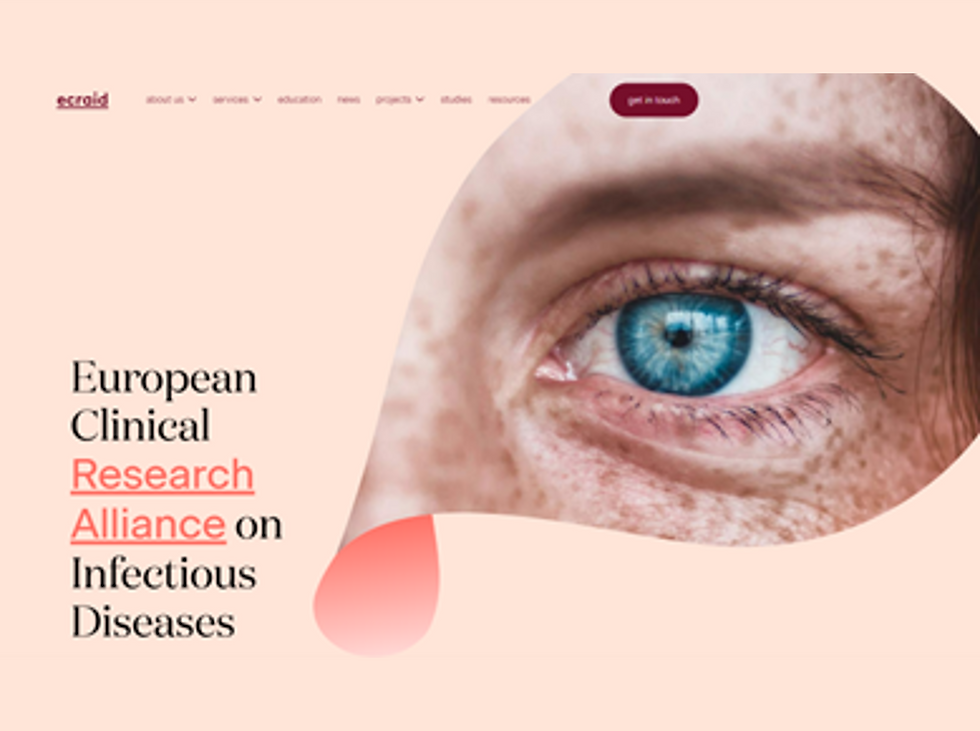PrIMAVeRa 2nd annual meeting successfully held in hybrid format in Utrecht on 15-16 November 2023
- europevaccine
- Nov 24, 2023
- 3 min read
Updated: Feb 29, 2024
November 2023
On 15-16 November 2023, the second annual meeting of the PrIMAVeRa project was held in Utrecht, The Netherlands. The meeting covered the progress made during the 2nd project year and enabled dynamic panel discussions covering the burden of AMR, and model development and data access. In addition, the Consortium discussed limitations in epidemiological data availability, future plans and priorities. The meeting was attended by nearly 50 participants, with 25 appearing in-person. Participation of external experts from the VITAL and GRAM projects allowed for alignment on the approaches used to estimate the Burden of AMR. The consortium received scientific input and guidance from The Organisation for Economic Co-operation and Development (OECD), the World Health Organization (WHO) and the Canton of Vaud (VD).
Acknowledging the urgent need to combat antimicrobial resistance (AMR), PrIMAVeRa partners are working toward developing an open-source, web-based platform combining an epidemiological repository with mathematical modelling. This tool will enable health authorities and policymakers to make data-driven decisions to prioritise the most promising new vaccines and monoclonal antibodies (mAbs).

Over the course of the meeting, the Consortium discussed the advancements made during the second year of the project, as well as the next steps for the partners. During the second project year, the Consortium completed work on four systematic reviews:
1) frequency measures of healthcare-associated infections and AMR),
2) AMR-associated health outcomes,
3) AMR-associated economic outcomes, and
4) existing mathematical models for AMR. Also, progress was made in defining the structures of the various models to be developed within the project.
Work package (WP) leaders and contributors were able to hold discussions on various topics that will influence the direction of tasks going forward into the third year of the project. Two panel discussions were held on the burden of disease due to AMR, and model structure development & data access, allowing partners the opportunity to align on key details of data management and identify potential data gaps requiring alternative approaches in data collection. Additionally, planning sessions were held for the WPs for which work will soon begin.
The Consortium is grateful to the external experts who contributed to the scientific discussions, including:
Tek-Ang Lim: Scientific Officer from the Innovative Health Initiative (IHI), who gave a presentation on best practices for reporting of communication and dissemination activities of the project to IHI.
Michele Cecchini: Lead Economist in Public Health for the Organisation for Economic Co-operation and Development (OECD), who gave the keynote presentation titled ‘The economics of AMR: an OECD perspective.’
Gisela Robles Aguilar: Representative of the GRAM Project, who presented on burden estimates of AMR as researched within GRAM.
Alejandro Orrico Sánchez: Representative from the VITAL Project, who presented on burden estimates of AMR researched within VITAL.
Michiel Van Boven: Representative from the VITAL Project, who presented on model development within VITAL.
Alessandro Cassini: Deputy Chief Medical Officer, Canton of Vaud, and Senior Medical Doctor in Infectious Diseases Service at Lausanne University Hospital, Switzerland, and member of the PrIMAVeRa Scientific Advisory Committee (SAC)
Mateusz Hasso-Agopsowicz: Technical Officer at World Health Organisation, and member of the PrIMAVeRa SAC.
The PrIMAVeRa consortium is happy to mark this significant milestone of the project progress in anticipation of World Antimicrobial Awareness Week 2023 (WAAW), and looks forward to continued progress in the coming years.

This project has received funding from the Innovative Medicines Initiative 2 Joint Undertaking under grant agreement No 101034420 (PrIMAVeRa). This Joint Undertaking receives support from the European Union’s Horizon 2020 research and innovation programme and EFPIA. This communication reflects the author's view and that neither IMI nor the European Union, EFPIA, or any Associated Partners are responsible for any use that may be made of the information contained therein.



